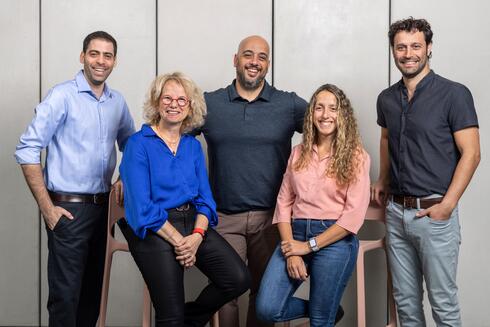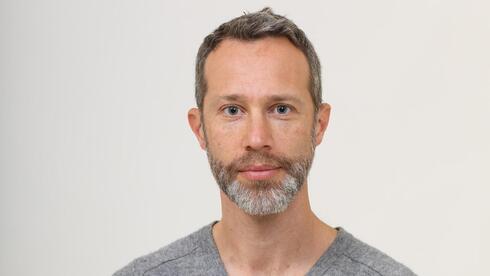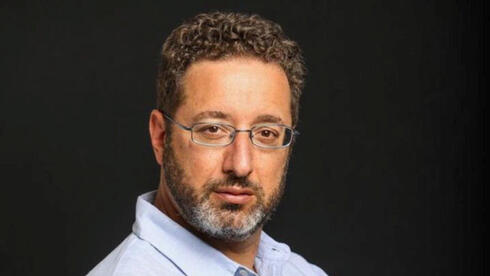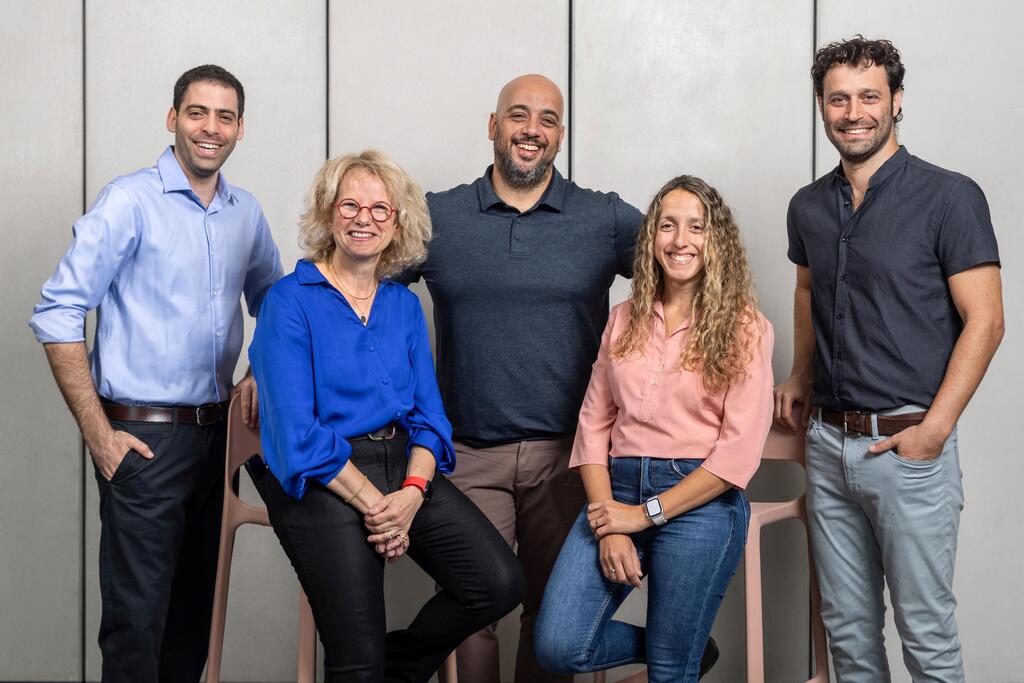
Innoventric secures $28.5M to reduce medical need for surgical valve replacement and general anesthesia
Innoventric secures $28.5M to reduce medical need for surgical valve replacement and general anesthesia
The Israeli company helps address Tricuspid Regurgitation, a condition that impairs the cardiac blood flow.
Israel-based Innoventric, a company that develops transcatheter Tricuspid Regurgitation (TR) treatment, announced a $28.5 million Series B funding round to advance its cross-caval technology. The round was led by RA Capital Management with new investment from the European Investment Committee (EIC). Returning investors BRM Group, JG Private Equity, and Mivtach Shamir Holdings also participated, bringing the company’s total funding to $41 million since its founding in 2017.
Innoventric’s device addresses TR, a condition that impairs the cardiac blood flow, by replacing the native valve's function through a heterotopic, cross-caval approach. The process entails anchoring a prosthetic valve to the vena cava instead of the beating heart, so a complete seal is achieved without the risk of leakage or detachment. The method simplifies the implantation process and overcomes the anatomical complexities associated with traditional treatments.
Advantages of the Innoventric device include helping patients who are typically ineligible for tricuspid procedures. It also supports a streamlined procedure, as it can be implanted quickly without the need for echocardiography or general anesthesia, improving success rates and reducing patient recovery time.
“Our mission is to revolutionize tricuspid regurgitation care with minimally invasive therapies that significantly improve patient outcomes,” said CEO Amir Danino. “The strong backing from our investors, coupled with the progress we've achieved, underscores the need and huge potential of our approach to treat TR.”
The company has already completed a first-in-human clinical trial in Europe and performed many additional implantations, treating over 40 participants so far. The company recently received FDA clearance for an Early Feasibility Study (EFS) in the U.S. and patient enrollment is actively ongoing with the first U.S. patients already treated. The funds will be used to advance clinical trials and expand regulatory approvals in the U.S. and Europe.















